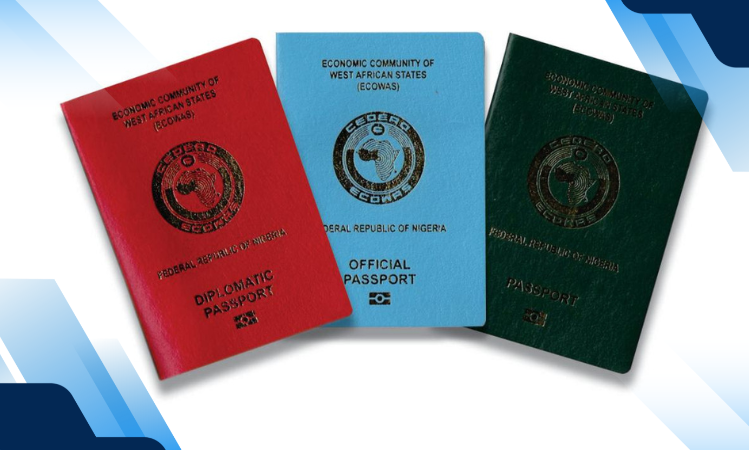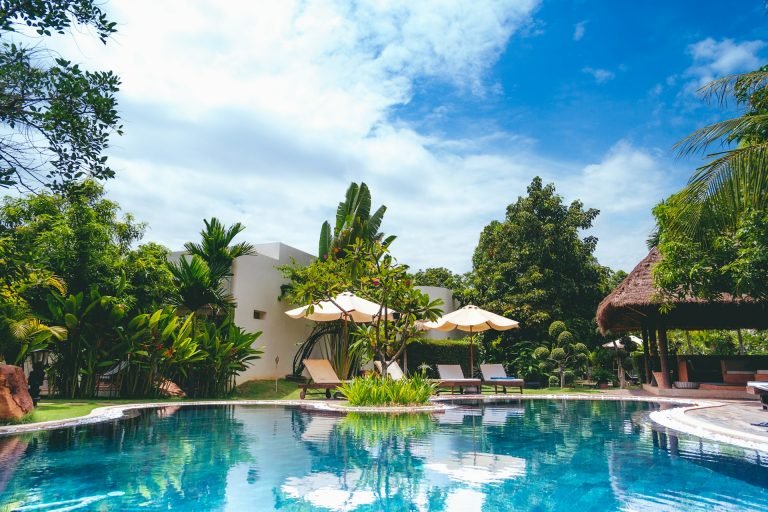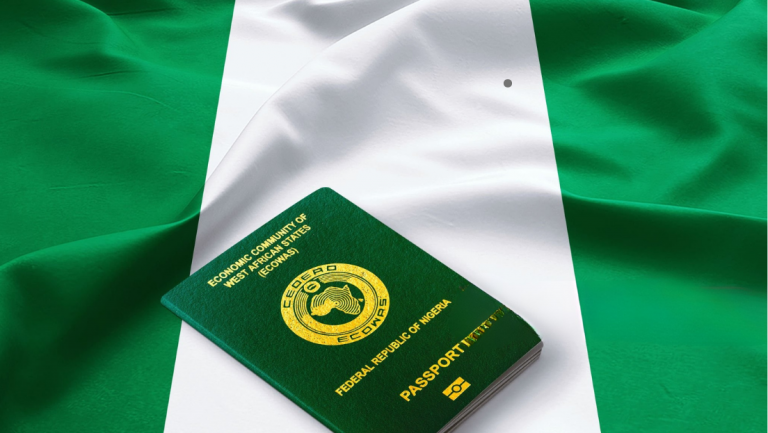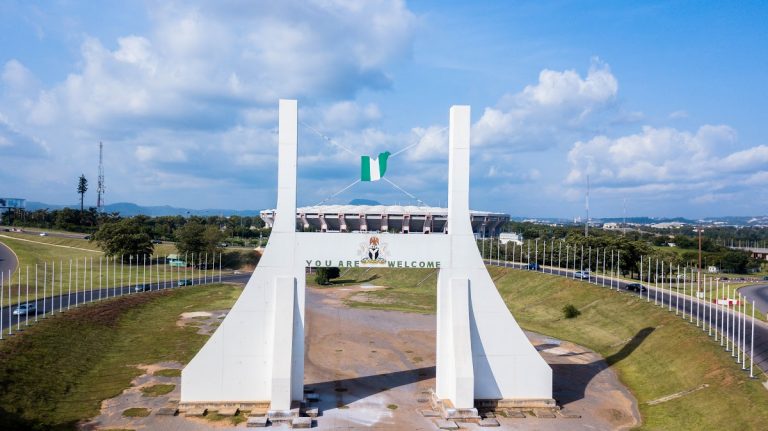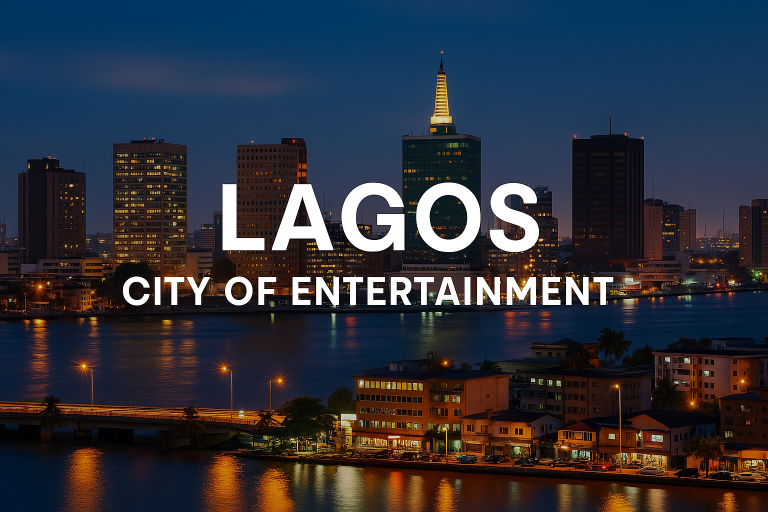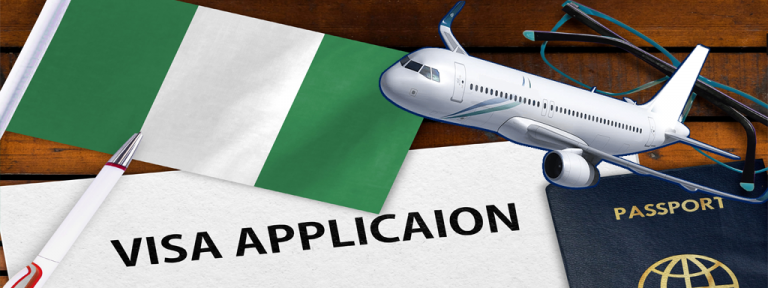There’s a certain thrill that comes with flipping through a crisp, official passport. That deep green booklet emblazoned with the Nigerian coat of arms carries more weight than its physical dimensions suggest – especially if it happens to be an official or diplomatic one.
I remember standing at immigration in Geneva last year, watching a Nigerian diplomat breeze through while regular passport holders (myself included) waited in the seemingly endless “All Other Passports” queue. The power differential was stark and, I’ll admit, made me momentarily consider a career change into the diplomatic corps. Not entirely for the right reasons, perhaps, but the allure of hassle-free travel is undeniable.

The Hidden Privileges of Nigerian Official and Diplomatic Passports
Most Nigerians know the frustration of visa applications. The endless documentation, the probing questions, the fees that seem designed to discourage all but the most determined travelers. Yet there exists a parallel reality for those carrying official or diplomatic passports – a world where borders become more permeable and red tape less binding.
What many don’t realize is that these special passport categories unlock doors to countries that might otherwise require extensive visa processes. This isn’t just convenient; it’s transformative for those conducting business or representing Nigeria abroad.
What Exactly Are Official and Diplomatic Passports?
Before diving into the list of countries that welcome these passport holders, let’s clarify what these documents actually are.
A Nigerian official document (with its distinctive blue cover) is issued to government officials conducting state business abroad. This includes certain civil servants, members of the National Assembly, judges, and military personnel on official assignments.
The diplomatic document (with its characteristic red cover) represents the highest tier, reserved for top government officials, ambassadors, certain diplomats, and their immediate families. The President, Vice President, ministers, and other high-ranking officials carry these.
The regular or standard passport (green) is what most Nigerian citizens hold for personal travel.
Visa-Free Destinations for Nigerian Official and Diplomatic Passport Holders
The world opens up considerably for those carrying these special passports. Here’s where Nigerian diplomats and officials can travel without the hassle of visa applications:
African Countries
- Benin Republic – A quick hop across the border, Benin welcomes official and diplomatic passport holders without visa requirements.
- Ghana – Our West African neighbor allows visa-free entry for up to 90 days.
- Kenya – Official business in East Africa’s hub? Diplomatic passport holders can enter without prior visa arrangements.
- Ethiopia – The seat of the African Union grants visa-free access to Nigerian diplomats.
- South Africa – While regular Nigerian passport holders face stringent visa requirements, diplomatic passport carriers enjoy simplified entry.
I once witnessed a fascinating exchange at OR Tambo International Airport in Johannesburg, where a Nigerian diplomat was warmly welcomed while explaining the nuances of a new trade agreement to curious immigration officers. The respect accorded to the passport was palpable.
Asian Countries
- Singapore – This financial powerhouse welcomes diplomatic passport holders without visa requirements.
- Malaysia – Official business travelers can enter visa-free for limited periods.
- India – Nigerian diplomats enjoy privileged entry into this emerging global power.
- Turkey – Straddling Europe and Asia, Turkey allows Nigerian diplomatic passport holders visa-free entry.
Caribbean and South American Nations
- Brazil – South America’s largest economy welcomes Nigerian officials without visa requirements.
- Jamaica – The island nation grants visa-free access to Nigerian diplomatic passport holders.
- Haiti – Despite its challenges, Haiti maintains diplomatic courtesies for Nigerian officials.
European Countries
- Russia – Nigerian diplomatic passport holders can enter without a visa when on official business.
- Serbia – This Balkan nation allows Nigerian diplomatic passport holders visa-free entry.
- Belarus – Official business travelers with diplomatic passports enjoy simplified entry.
The Fine Print: Understanding the Limitations
A diplomatic passport isn’t quite the golden ticket it might initially appear to be. There are important caveats that every passport holder should understand:
- Official Business Only – In most cases, these visa waivers apply strictly to official government business, not personal travel or tourism.
- Limited Duration – Even visa-free entry typically comes with time constraints, often 30-90 days.
- Advance Notification – Many countries still require prior notification through diplomatic channels before arrival.
- Changing Regulations – Visa policies can change rapidly based on diplomatic relations, making it essential to verify current requirements before travel.
I learned this lesson the hard way when accompanying a Nigerian delegation to Eastern Europe. Despite holding appropriate documentation, one official hadn’t received the proper briefing on duration limits and nearly faced complications when extending their stay. A frantic series of calls to the Nigerian embassy saved the day, but it underscored how these privileges come with responsibilities.
Beyond Visa-Free: Countries with Simplified Processes
Even when full visa exemption isn’t available, many nations offer streamlined visa processes for official and diplomatic passport holders:
- United Kingdom – While a visa is required, diplomatic passport holders benefit from expedited processing and fee waivers.
- United States – Diplomatic visa categories offer simplified, though still thorough, application processes.
- Canada – Official passport holders receive priority processing through special diplomatic channels.
- Australia – Streamlined diplomatic visa procedures make official travel more efficient.
- Schengen Area Countries – While not universally visa-free for Nigerians, diplomatic passport holders often enjoy simplified procedures for entering these European nations.
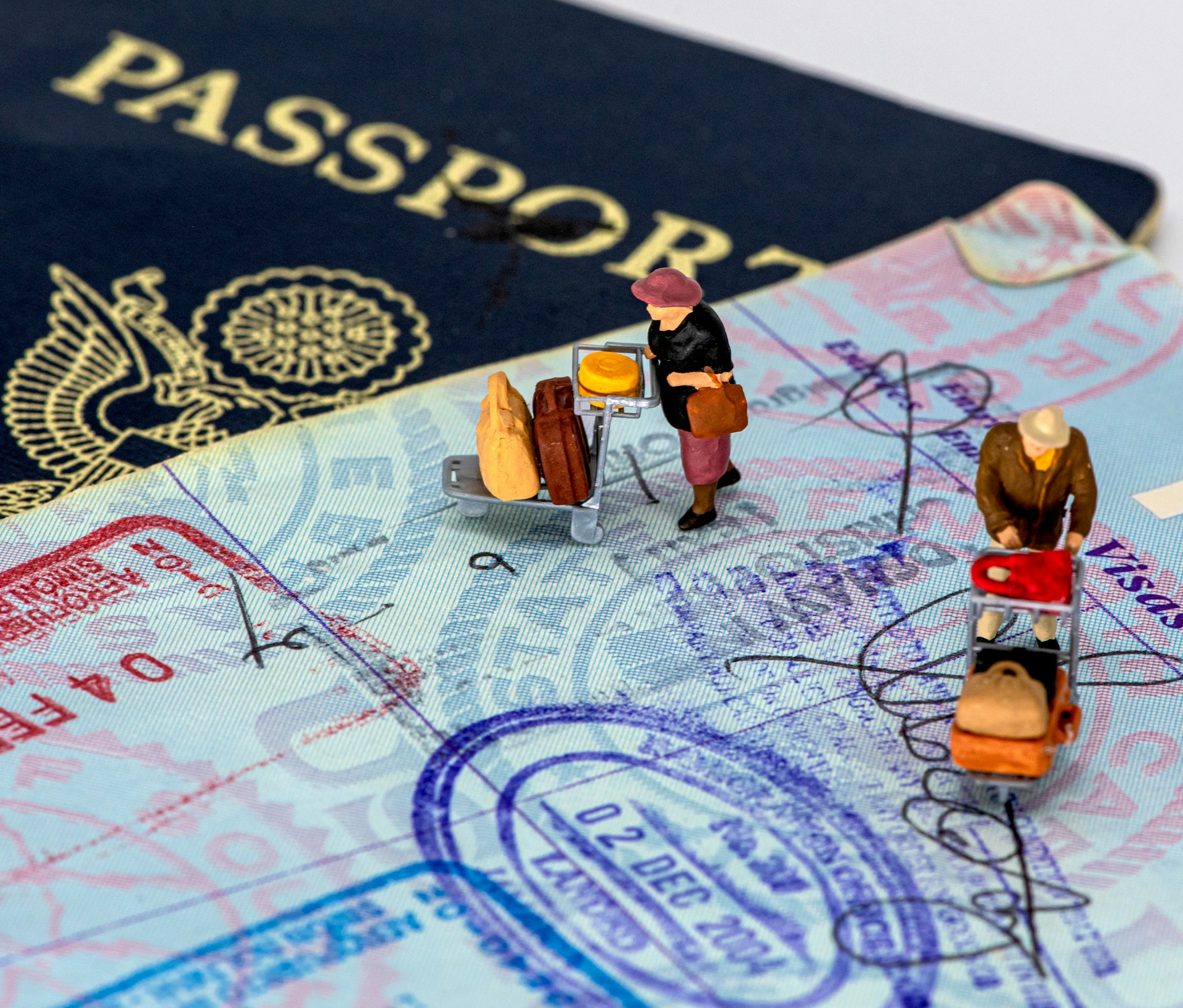
How to Maximize the Benefits of Your Official or Diplomatic Passport
If you’re fortunate enough to hold one of these coveted documents, here’s how to ensure smooth travels:
- Always Carry Proper Documentation – Beyond the passport itself, carry letters indicating the official nature of your trip.
- Contact Embassies in Advance – Even for visa-free entry, notifying the relevant embassy about your travel demonstrates proper diplomatic protocol.
- Understand the Distinctions – Remember that visa-free entry for diplomatic passport holders might not extend to official passport holders, and vice versa.
- Stay Updated on Bilateral Agreements – Nigeria regularly negotiates new visa arrangements, so staying informed about recent developments is crucial.
- Respect the Purpose – These passports are tools of diplomacy, not personal convenience. Using them appropriately preserves their integrity and power.
The Future of Nigerian Diplomatic Travel
The landscape of international travel privileges continues to evolve. Nigeria’s growing economic and diplomatic influence may open additional doors in coming years.
Recent diplomatic initiatives suggest potential visa-free arrangements with more Caribbean nations and select Asian countries. The Ministry of Foreign Affairs continues to pursue bilateral agreements that would expand this list further.
However, the most significant developments may come through regional integration. The African Continental Free Trade Area (AfCFTA) agreement and discussions around freedom of movement within the African Union could dramatically reshape travel requirements for all Nigerians, not just those with special passports.
Preparing for Your Official Journey
Whether you’re a newly appointed diplomat or a government official preparing for your first international assignment, proper preparation remains essential:
- Check Current Requirements – Always verify the most recent entry requirements directly with the embassy of your destination.
- Understand Diplomatic Immunity Limits – While diplomatic passports confer certain protections, these aren’t unlimited and vary by country and circumstance.
- Pack Appropriate Attire – As a representative of Nigeria, your appearance matters. Business attire is generally expected for official functions.
- Prepare for Protocol Differences – Different countries have varying diplomatic customs. A briefing from experienced colleagues can prove invaluable.
I’ll never forget watching a new attaché navigate his first diplomatic reception in Brussels. Despite having all the right documentation and credentials, he was momentarily flustered by the specific protocol expectations. The passport got him through the door, but cultural preparation would have smoothed the rest of the experience.
When Things Go Wrong: Resources for Diplomatic Travelers
Even with privileged travel documents, complications can arise. Here’s where to turn for assistance:
- Nigerian Embassies and Consulates – Your first point of contact should always be the nearest Nigerian diplomatic mission.
- Ministry of Foreign Affairs – For more serious issues, the ministry can intervene through appropriate channels.
- Host Country Protocol Offices – Many nations maintain special offices dedicated to assisting diplomatic visitors.
- International Organizations – If traveling for multilateral meetings, organizations like the UN often provide additional support services.
Final Thoughts: The Responsibility Behind the Privilege
A diplomatic or official passport represents more than travel convenience – it embodies Nigeria’s sovereignty and international standing. Each holder becomes, in effect, a walking embassy, representing the nation’s interests and image abroad.
With great privilege comes significant responsibility. How these passport holders conduct themselves shapes perceptions of Nigeria and can influence bilateral relations in subtle but meaningful ways.
For the majority of Nigerians traveling with standard passports, understanding these distinctions offers valuable insight into international relations and diplomatic practice. And perhaps, for those considering government service, it provides one more compelling reason to pursue a career representing Nigeria on the world stage.
Frequently Asked Questions (FAQs)
What is the difference between a diplomatic and an official Nigerian passport?
Diplomatic passports (red) are issued to high-ranking government officials like ministers and ambassadors, while official passports (blue) are for civil servants and government representatives on official duties. Regular passports (green) are for ordinary citizens.
How long can Nigerian diplomatic passport holders stay in visa-free countries?
This varies by country, but typically ranges from 30 to 90 days. Some nations may require advance notification even without a visa requirement.
Can family members of diplomats use the visa-free privileges?
In many cases, immediate family members listed on the diplomatic passport or holding diplomatic dependent passports can enjoy similar privileges, though this varies by country.
Do Nigerian diplomatic passports guarantee entry to any country?
No, even diplomatic passport holders can be denied entry at a border. The final decision always rests with immigration authorities of the host country.
Can Nigerian official passport holders enter the United States without a visa?
No, both official and diplomatic Nigerian passport holders require visas for the US, though they may access expedited processing for diplomatic or official visa categories.
How does one qualify for a Nigerian diplomatic or official passport?
These are issued based on specific government positions and assignments. Diplomatic passports are reserved for high-ranking officials, while official passports are for government employees conducting state business abroad.
Are visa-free privileges reciprocal between countries?
Often, but not always. Visa arrangements may be asymmetrical based on bilateral agreements and diplomatic relations.
Can Nigerian diplomatic passport holders work in visa-free countries?
No, visa-free entry typically only permits official business activities, not employment or commercial work.
Do retired diplomats keep their diplomatic passport privileges?
No, upon retirement, diplomatic passports must be surrendered, and former officials return to using regular passports for travel.
How do visa-free privileges change during diplomatic tensions?
Visa exemptions can be suspended or revoked during periods of diplomatic tension or conflict between nations, making it essential to verify current status before travel.
Top Travel Resources for Nigerian Diplomatic and Official Passport Holders
- Nigerian Ministry of Foreign Affairs – Official Website – Primary resource for diplomatic travel guidance and updates on bilateral agreements.
- IATA Travel Centre – IATA Website – Provides up-to-date information on entry requirements worldwide.
- Timatic – Timatic Web – The system used by airlines to verify travel document requirements.
- Protocol Service – Protocol.gov.ng – Nigeria’s official protocol service providing guidance on diplomatic etiquette.
- African Union Website – AU Official Portal – Information on pan-African diplomatic initiatives and travel protocols.
- Diplomatic Bag Services – DHL Diplomatic Services – Secure courier services for official documents.
- United Nations Protocol Guidelines – UN Protocol – Essential information for officials attending UN functions.
- International Diplomatic Academy – IDA Training – Training resources for new diplomatic passport holders.
- Nigerian Embassies Worldwide Directory – NigerianEmbassies.org – Contact information for Nigerian missions abroad.
- Diplomatic Travel Insurance – AXA Diplomatic Coverage – Specialized insurance for official travelers.
- VIP Airport Services – Meet and Assist Global – Airport facilitation services for diplomatic travelers.
- Diplomatic Language Services – DLS Interpretation – Language support for official international engagements.

